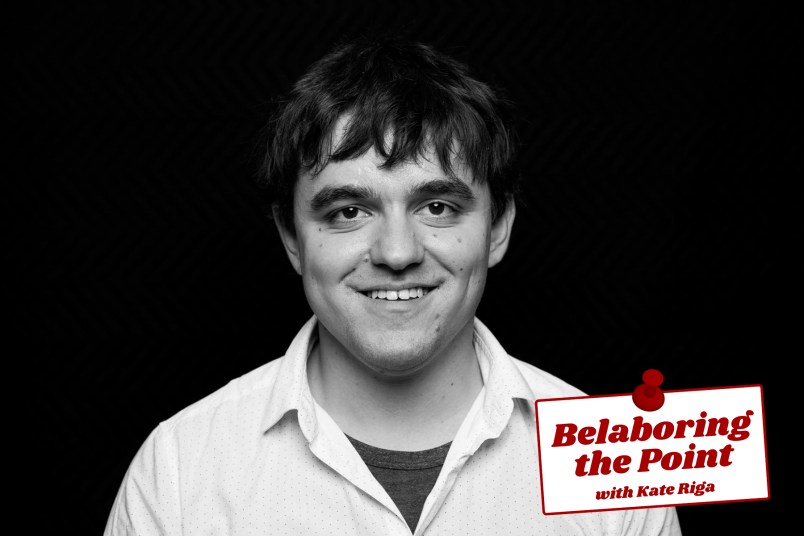Looking over the White House’s follow-on response to the release of the August 6th PDB it’s difficult to disentangle what is an accurate description of how the Bush White House functions and how much is simply an effort to devise an explanation which puts the best face on a troubling set of facts.
I suspect it’s a mix of both.
But what strikes me most about the president’s and his top advisors’ description of what happened is their essential passivity.
The Post today quotes the president as saying: “I am satisfied that I never saw any intelligence that indicated there was going to be an attack on America — at a time and a place, an attack … [if the FBI or CIA] found something, they would have reported it to me.”
[Side note to Dan Bartlett: ‘Satisfied’ is probably not a word you want the president using in this context or about this topic.]
One thing we have here is this ridiculous notion that there was nothing that could be done unless the warning includes a means of attack, a place and a date. Presumably if the CIA or the FBI had cracked the thing wide open and knew exactly what was coming they would have rolled the operation up on their own and just let the president know what they were doing. The implication behind the president’s remark is that so long as there was no specific plot detected and there was no concrete, specific response put together by the CIA that he could sign off on, there was really nothing he could or should do. From the In Box to the Out Box, Next …
The CIA didn’t need to deliver him a turnkey solution to rolling up the terrorist plot wrapped in a bow. The question is whether, when faced with a dire warning and given a few clear hints as to where and when, the president exerted some leadership and got everyone focused on the problem.
The idea that he or his chief deputies would somehow actually get involved in the process, engaged in the interplay between the various law enforcement, intelligence and national security agencies seems to have been alien to him — or at least they’re presenting the notion as alien in their retrospective explanations.
Even during a terrorist scare, presidents have multiple responsibilities. You wouldn’t want the president getting completely distracted by this one issue. But this is precisely what the National Security Advisor is there at the White House to do on the president’s behalf.
Clearly no one is saying that if the president got a warning at that late date that he should necessarily should have been able to roll up the plot. I don’t think anyone expects him to have. But what’s damning about this isn’t that he didn’t prevent what happened.
I think what people would want to know — having now seen the warnings the president received — is that the White House snapped into action and was trying to put together every clue it had to get to the bottom of what was coming. After the attack came they could say to the public, “There were some warnings something was coming. We put all the resources we could into it. We scrambled to turn over every stone. But we were in a race against the clock. We did our best. But we didn’t figure it out in time.”
The problem for the White House is it that it really doesn’t seem like anything like that happened. 9/11 probably couldn’t have been prevented at that late a date. But we’ll never know.






